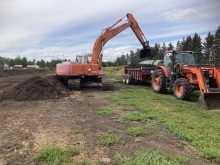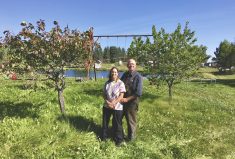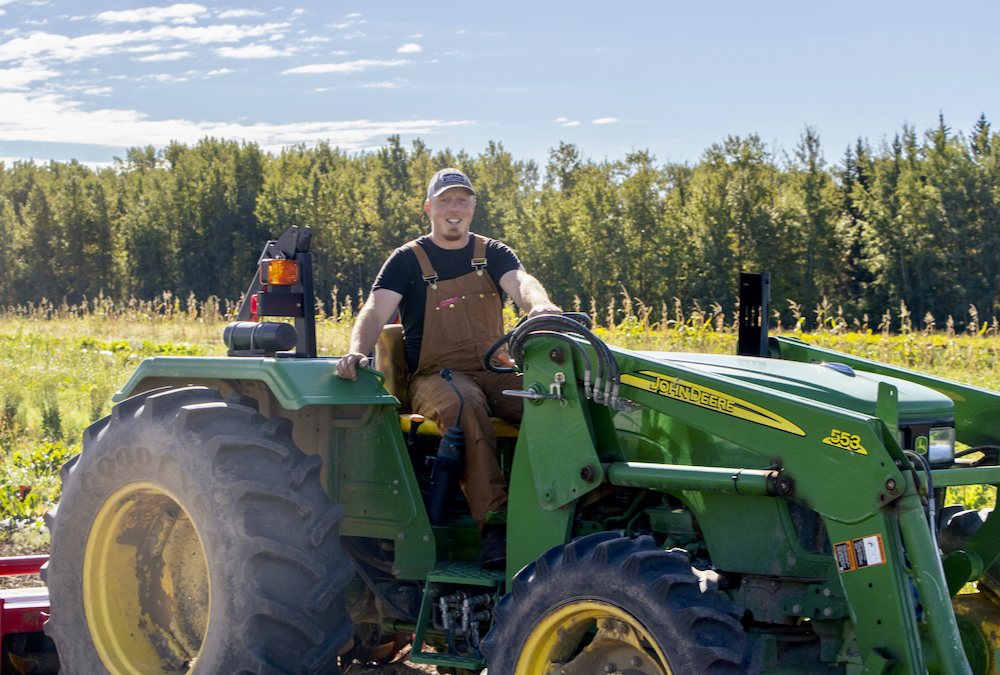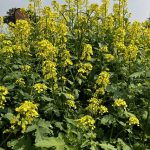Canada’s organic food industry is booming — but could be doing even better, says an industry association.
“The organic industry in Canada continues growing at an impressive rate with 14.9 per cent annual growth since 2017 and an estimated sales value of $8.1 billion,” says the latest annual ‘State of Organics’ report from the Canadian Organic Trade Association. “Canada is currently the sixth-largest organic market in the world and is home to over 7,500 certified organic operations.”
There are opportunities for domestic organic farmers and companies to replace some of the $608 million in imported organic food while boosting exports, the report states. A major handicap, though, is that government support is unfocused, offering only a “patchwork” of programs across various ministries.
Read Also
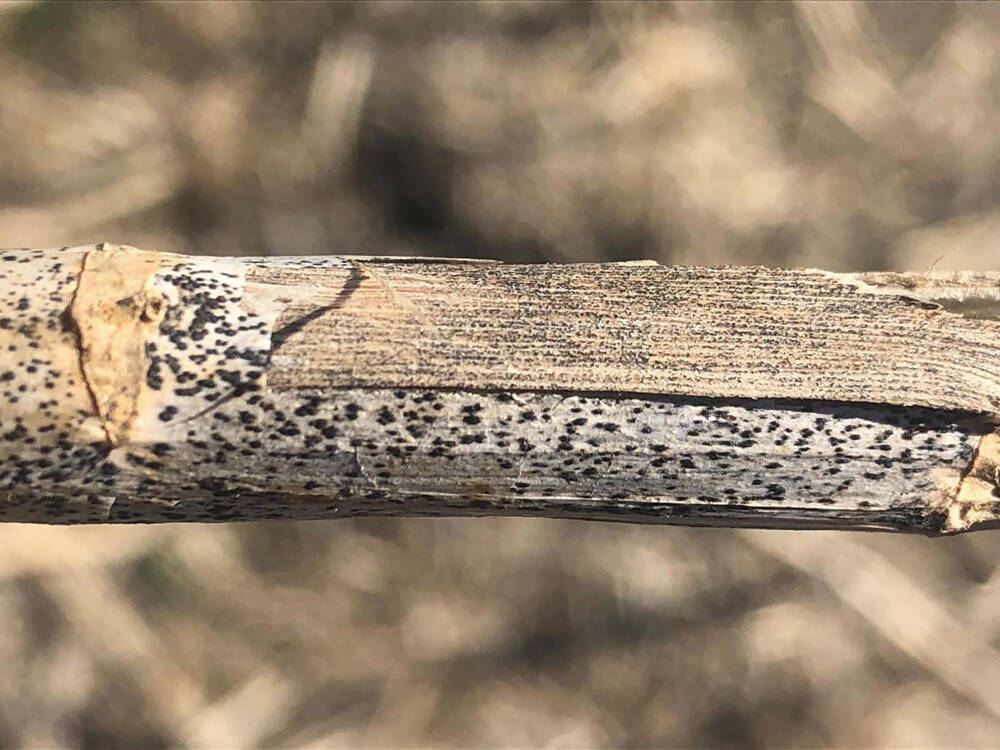
A look at disease prevalence in Alberta crops in 2025
Crop assurance program lead gives irrigated farmers a recap of disease prevalence in crops throughout Alberta
And navigating the system is hard, even though a host of grassroots groups have sprung up to help industry players grow the sector, says the association, which represents many farm organizations, including Organic Alberta. (It also has dozens of member companies ranging from the very large, such as Nature’s Path and Whole Foods Canada, to a host of small ones.)
“Were it not for the activity of these provincial and territorial groups in applying for grants or assisting operators in navigating the process of applying for funding, many of the beneficial programs described in this report would not have been accessed by organic operators.”
The report says Quebec is far ahead of other provinces in five key areas: regulation/enforcement, production supports, market supports, data collection and crop insurance.
Quebec gets four or five stars in each of those categories while Alberta gets just one star in three categories along with a pair of three-star ratings.
One bright spot here, says the report, is regulation and enforcement, largely because the former NDP government brought in the Supporting Alberta’s Local Food Sector Act, which says the organic label can only be used for products that adhere to federal organic agricultural standards. But the province doesn’t monitor compliance and will only act if there’s a complaint — and not always then, says the organic trade association.
“The Ag-Info Centre… may be understaffed because potential users report leaving multiple voicemails with no or very slow followup from the province,” the State of Organics report says.
The organization is less hesitant when praising the province’s crop insurance program.
“Alberta made significant headway with the development of an organic crop insurance program in 2016. The program regulates Alberta’s main organic crops including oats, wheat, and barley, as well as rye and triticale. The program has seen fairly significant uptake since its launch in March 2016 and is an important factor in helping organic producers mitigate risk.”
Other areas get the lowest ranking of one star.
“There is no expertise in the government for organic agronomic support. The government no longer offers agronomic support for any crops — this is now left up to industry.”
However, Organic Alberta was able to get a small number of grants (about $95,000 in all), including a multi-year one that supports organic growers in Mackenzie County, a relative hot spot in the province’s organic scene.
Alberta also gets one star for market support (there are general programs to boost marketing that organic organizations can tap into) and data collection (there’s none taking place, says the report).
The limited amount of data being collected is actually one of the organic sector’s biggest weaknesses and an area where government should be stepping in, says the organic trade association.
“The lack of robust, consistent and timely data results in uninformed decision-making, which poses a risk to the sector,” it says, adding not much has changed since it put out its first State of Organics report in 2017.




